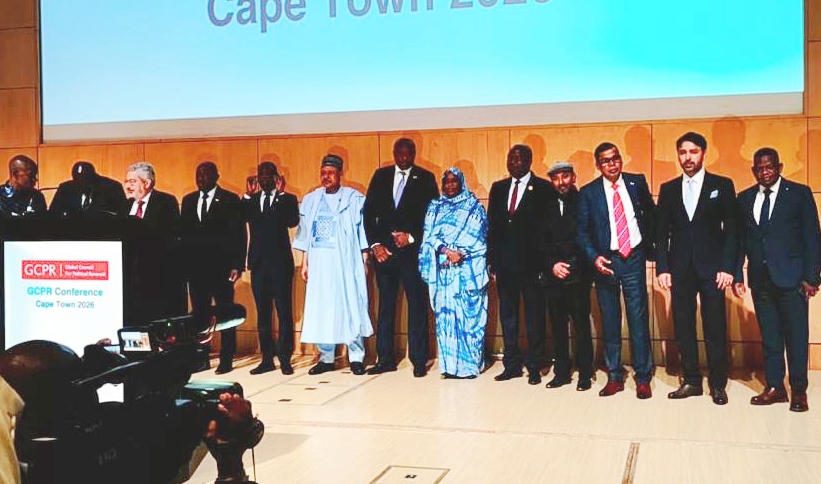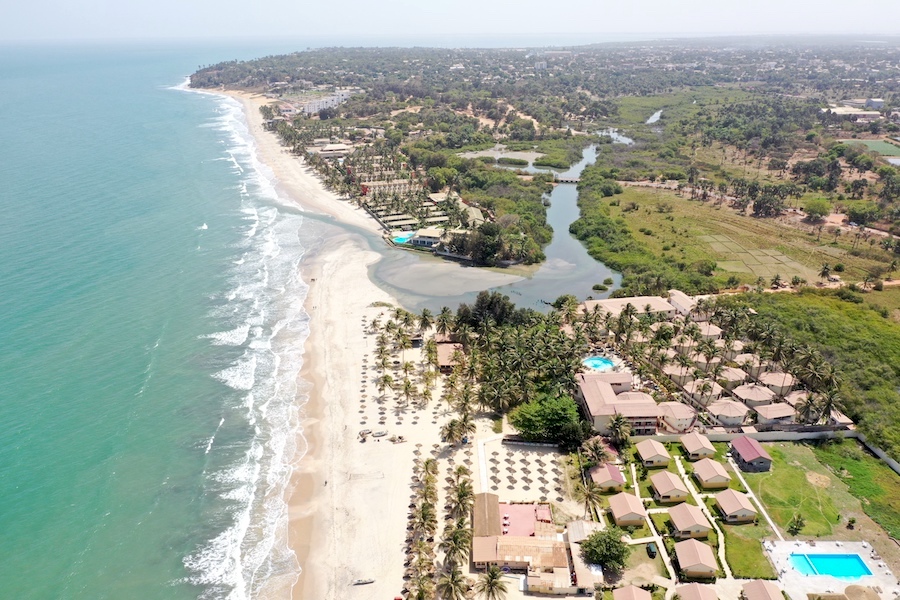The National Environment Agency, under its GCCA Plus Climate Resilience Coastal and Marine Zone Project for the Gambia, recently organized a forum to discuss the identification and classification of environmentally sensitive zones along the country’s coastline. The forum, held on Thursday, aimed to explain the main coastal processes affecting beach exposure, inundation, flooding, coastal erosion, and the impact on marine species.
The GCCA Plus project, funded by the European Union (EU) in partnership with the government of the Gambia, has identified several sensitive areas along the coastline. These include total nesting grounds, fish spawning sites, sand mining sites, and tourism development areas (TDA). Project coordinator Abubakar Kujabi emphasized the importance of managing these areas based on their sensitivity and highlighted the need to develop management plans accordingly.
Dawda Badgie, the executive director of the National Environment Agency, highlighted that the Gambia is the 10th most vulnerable country to climate change globally. He emphasized the urgent  need for support in terms of investments and innovations in climate change-related measures to build resilience and adaptive capacities, especially given the country’s poor economic state.
need for support in terms of investments and innovations in climate change-related measures to build resilience and adaptive capacities, especially given the country’s poor economic state.
Stakeholders at the forum were urged to provide input and share resources in an integrated approach to conserve the nation’s coastal resources. Dr. Heiko Sellert, the GCCA Plus Project’s technical advisor, praised stakeholders for their role in project implementation and called for tangible solutions to address threats to environmentally sensitive coastal zones.
The EU representative, Evangelina Blanco, highlighted that the GCCA Plus project is a 5.3 million euros initiative aimed at benefiting coastal communities and helping them adapt to climate change impacts through institutional strengthening, knowledge management, and the implementation of integrated coastal zone management approaches.
This forum marks the sixth coastal zone meeting since the project’s inception in 2019. Its objectives include supporting the implementation of recommendations outlined in the 2016 integrated coastal zone management (ICZM) and strategic plans, as well as the national climate change policy.










